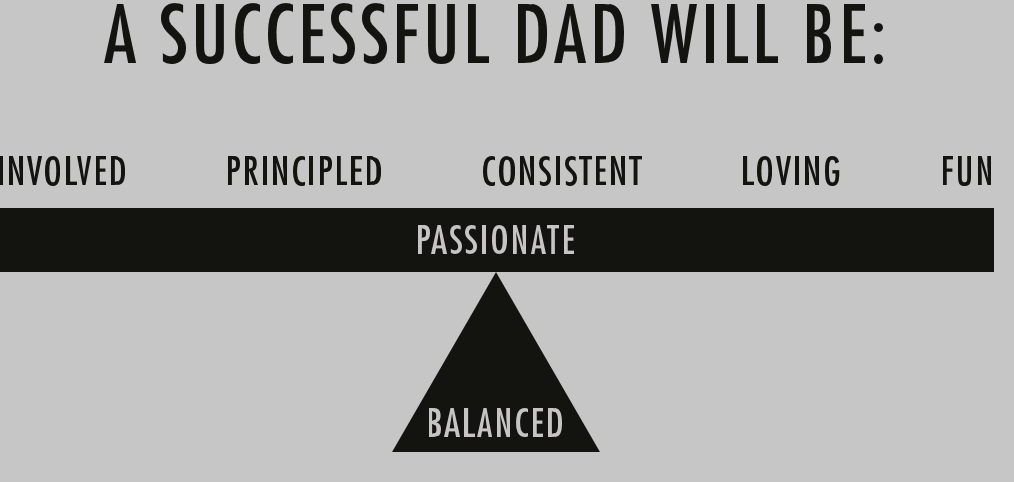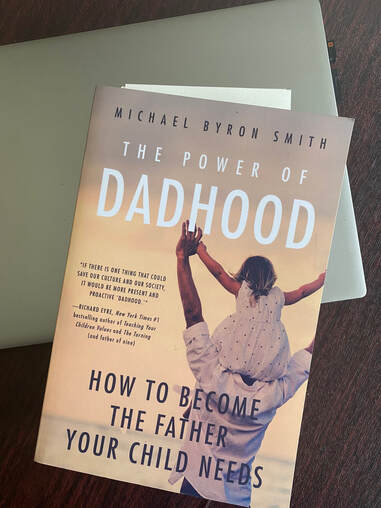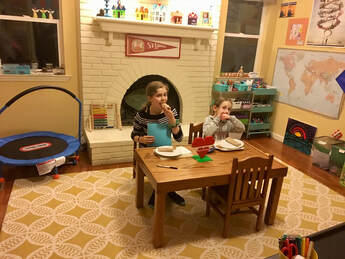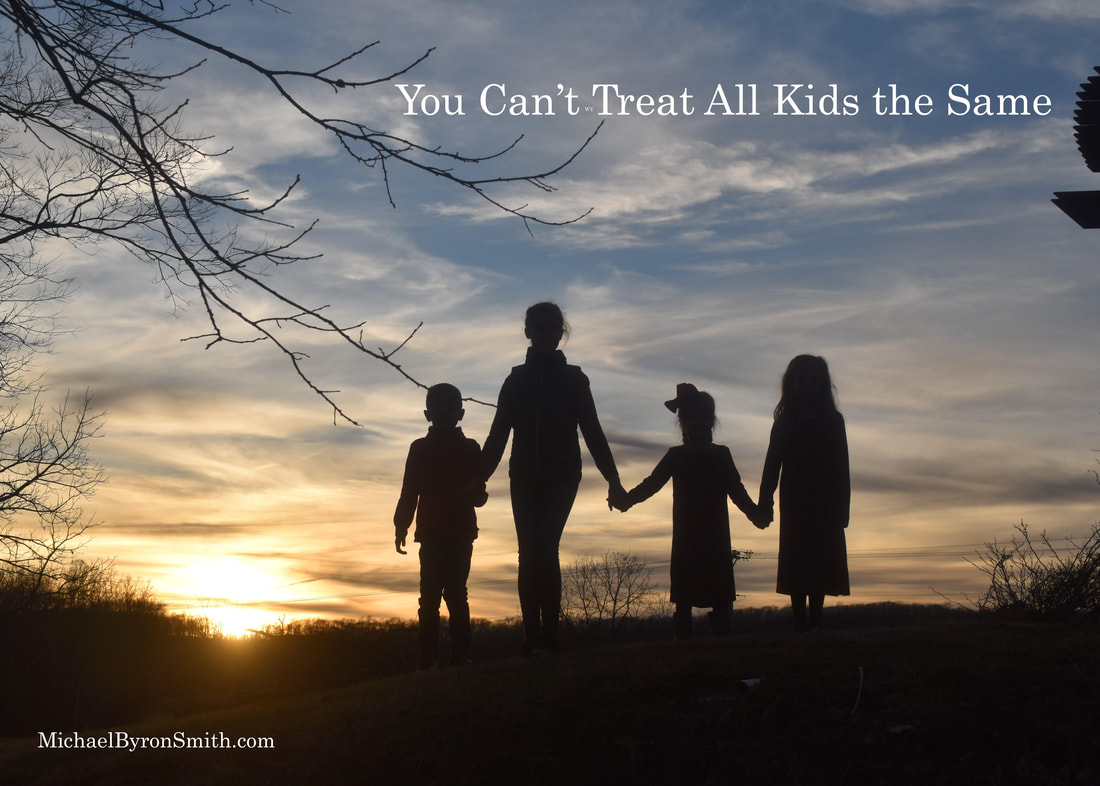
Fathers who take care of and raise responsible children with their mothers are the quiet and most important heroes of our society.
Men who become fathers bring on a large but satisfying responsibility into their lives. That is true for all. What is different among men is their background, temperament, health, their relationship with the mother, the relationship these men had with their parents, their occupations, the personalities of their children, and so much more. These variations bring on countless combinations of issues and challenges. What father among us has all the answers? Certainly not me, but I do discuss those challenges in a way to allow each father to find a better answer for himself and his family.
By the way, this is the fifth annual publication of the Dad's Checklist. I hope you are back next year.
I was in the military for twenty-nine years and a father for twenty-five of those years. In the military, we were constantly inspected by our superiors against strict standards. To be ready for these inspections, and to ensure that we were in compliance, we developed “self-inspection” checklists. Now that I write about fatherhood, I thought, why not have a self-inspection checklist for fathers? Often, we don’t really know or think about what it is we could improve upon as dads. While you are not likely to be inspected on your parenting skills, you do want to be the best dad possible.
But are you the best dad you can be?
Following is a self-inspection checklist for dads. The questions are not intended to judge but to allow you to reflect on your relationship with your children. While some of the questions seem similar, they are reworded in ways that may apply better to your situation.
Be honest! Be reflective. Don’t think you are a bad dad if you can’t answer all these questions positively. There is no grade. This is just a vehicle to become a better dad. By the end of the checklist, you will be beaming, taking note of needed corrections, or, most likely, both.
A Dad’s Self-inspection Checklist
Are you there for your children, not just around?
- Do you/did you hold your children as babies and toddlers?
- Do you enjoy spending time with your kids?
- Do you make time to focus on your kids?
- Would you consider yourself loving, and do your kids know that you care for them?
- On occasion, do you give your kids special one-on-one attention?
- Do you comfort your kids when appropriate?
- Are you willing to be “hated” for doing the right thing for your children?
- Do you really listen when spoken to?
- Do you and your children have fun together?
- Do you push (encourage) your meek children forward and hold back (protect) your adventurous children?
- Are you aware of any peer pressure they may be facing and how to deal with it?
- Do you give them reachable challenges to conquer to build up their confidence?
- Do you praise their efforts and rejoice when they are persistent?
- Can you tell if and when your help will make them stronger or weaker?
- Do you and their mother see eye to eye on how to raise your children? Can you compromise?
- Do you continue to parent the only way you know how, or do you research other options?
- Are you aware of how much you, as a father, can influence your children in both positive and negative ways? If not, read my book or blog (http://www.michaelbyronsmith.com) on fatherhood.
- Do you develop family traditions that are loved by the entire family?
- Do you know your children’s friends? Do you approve of their values?
- Is diversity allowed and cooperation encouraged in your home?
- Are you careful to not favor one child over another?
- Do you never give in, give in too much, or give in as appropriate to your children’s requests?
- Do you communicate clearly with the children’s mother regarding punishments, rewards, their whereabouts, schedule, and so forth?
- Are you careful to not abuse your power as a father, using influence instead of force?
- Do you have an open mind toward things you don’t understand?
- Are you consistent in your actions, discipline, encouragement, and love?
- Following your lead, are your children respectful and kind to others?
- Are you a good model for your daughters to know how to be treated by boys and other men?
- Would you want your children to act as you do? Children will usually mimic you.
- Do you encourage your children’s passions, dreams, and individuality?
- Do you realize that lessons taught when your children are young will be anchored in them, but missed lessons may haunt you for a long time? Prevention is much easier than healing!
- Do you allow them to make mistakes (for learning) when no one or nothing will get hurt?
- Do you teach or exemplify to your kids kindness, values, discipline, and manners?
- Do you praise good behavior while redirecting and correcting inappropriate behavior?
- Do you help them to make responsible choices?
- Do you tell your children mistakes are okay, but known wrongdoing is not a mistake?
- Do you instill integrity, teaching what’s right to do and what’s wrong to do?
- Do they know what humility means and how it can help them to be liked and respected?
- Do you teach your children to be self-reliant and responsible for their actions?
- Have you taught them how to earn, value, save, and spend money?
- Do your children know how to set and meet goals?
- Do you emphasize and support education?
If you have plowed through this checklist, congratulations! The mere fact that you went through it all indicates you probably did well on your self-inspection. Your most important personal contribution to your family and society is your dedication to the welfare of your children. But none of us are perfect, and we do have many distractions. It’s good to review this checklist occasionally, perhaps every Father’s Day week, to check up on yourself while you are checking up on your children. Ask for guidance if you could use some help!
Note: The topic of every question is touched upon in The Power of Dadhood.
HAPPY FATHER'S DAY!
















